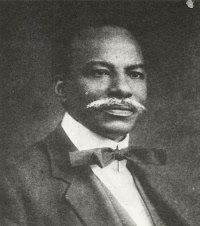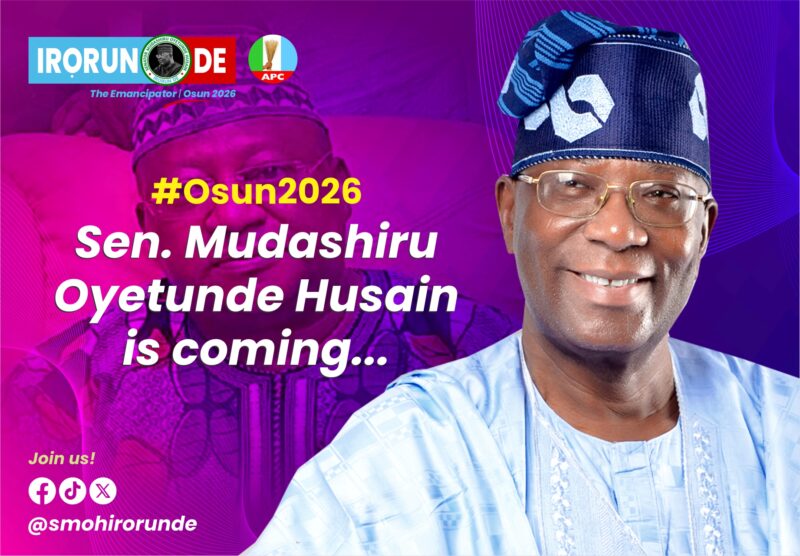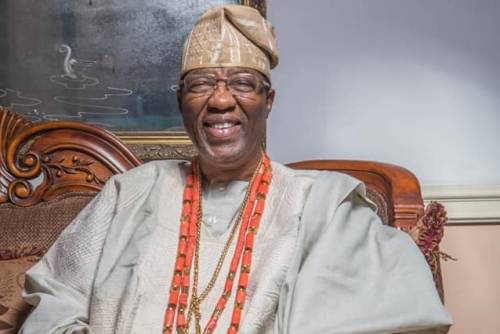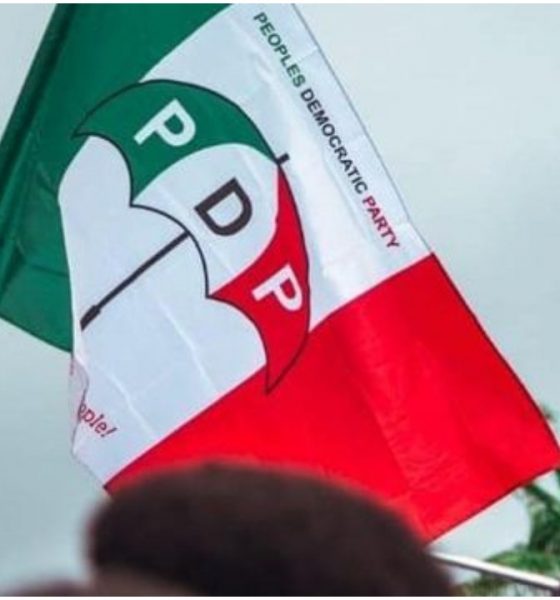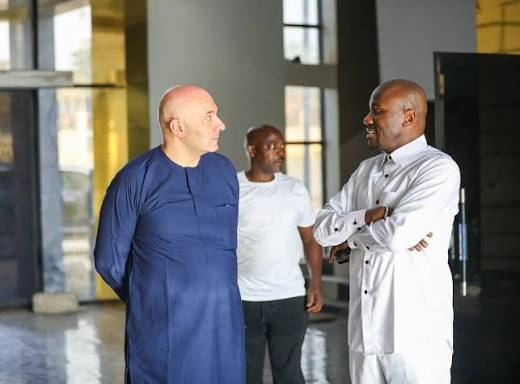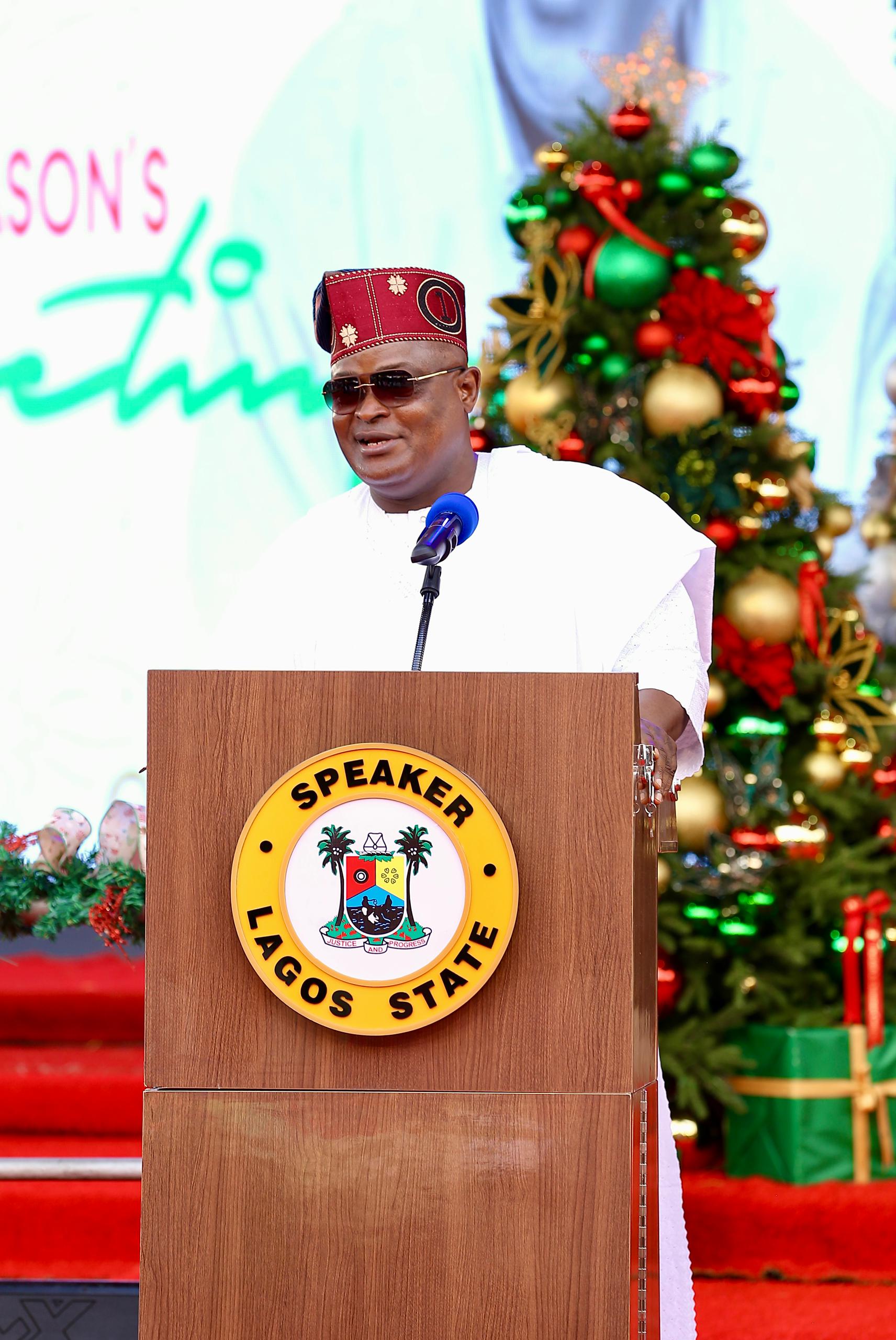President Bola Ahmed Tinubu on Thursday granted a posthumous pardon to Herbert Macaulay, the pioneer of Nigerian nationalism, during a National Council of State meeting at the Presidential Villa. The decision, part of a clemency wave for 175 individuals, corrects colonial-era convictions for “sedition” and “misappropriation” that silenced Macaulay’s fight for independence. Nearly 80 years after his death in 1946, the move highlights Tinubu’s push for historical justice, with plans for curriculum updates and monuments to revive Macaulay’s legacy, amid ongoing debates over Nigeria’s colonial past.
The pardon stemmed from recommendations by the Presidential Advisory Committee on the Prerogative of Mercy (PACPM), chaired by Attorney-General Lateef Fagbemi, and presented by Secretary to the Government of the Federation George Akume. Of the 175 recipients, 82 received full pardons, 65 had sentences reduced, and seven death penalties were commuted to life imprisonment, targeting inmates showing remorse, vocational progress, and historical figures. Macaulay’s inclusion alongside Maj.-Gen. Mamman Vatsa (executed in 1986) and Ogoni Nine members (killed in 1995) marks a rare blend of mercy and historical reckoning. “This corrects a colonial injustice and inspires national pride,” said Lagos historian Dr. Chidi Amuta, echoing sentiments from Macaulay’s NCNC co-founder Nnamdi Azikiwe.
Born on November 14, 1864, in Lagos to missionary parents—his grandfather Samuel Ajayi Crowther was the first African Bishop—Macaulay trained as a civil engineer and surveyor, joining the Public Works Department in 1890. His activism began in 1908 with exposes on racial bias, but a 1913 conviction for embezzling £1,530 from a client’s estate, widely seen as a colonial setup led to six months in prison and a lifetime public office ban. Undeterred, he founded the Nigerian National Democratic Party (NNDP) in 1922, Nigeria’s first political party, and launched the Lagos Daily News to challenge Governor Hugh Clifford’s rule. A 1929 sedition conviction over Egba Women’s Tax Revolt support added to his legend, culminating in the 1944 NCNC formation with Azikiwe, until his death from a stroke in Kano on May 7, 1946.
Tinubu’s move, his first major posthumous act since 2023, aligns with Nigeria’s 65th Independence Anniversary last week, amid calls for decolonization. Critics from the African Democratic Congress question the timing amid 139 million in poverty, per the World Bank’s October report, seeing it as a distraction. Supporters, including Imo Governor Hope Uzodimma, call it “healing wounds.” The PACPM reviewed over 500 petitions since January, prioritizing historical cases, with archival evidence from the National Archives in Lagos backing Macaulay’s fabricated charges.
The pardon’s impact extends beyond symbolism. Education Minister Dr. Tunji Alausa plans curriculum tweaks to highlight Macaulay’s role, while a museum at his Broad Street birthplace may gain new plaques. Descendant Bode Agusto, a UK-based engineer, called it “closure with a call to continue his fight.” The Council also approved Tinubu’s nominees—Prof. Joash Amupitan for INEC Chairman and Dr. Aminu Yusuf for the National Population Commission—blending past and present governance. With 959 national honors also greenlit for 2024-2025, Thursday’s session wove mercy with merit, cementing Macaulay’s name in Nigeria’s evolving narrative.
Source: Read more at premiumtimesng.com



